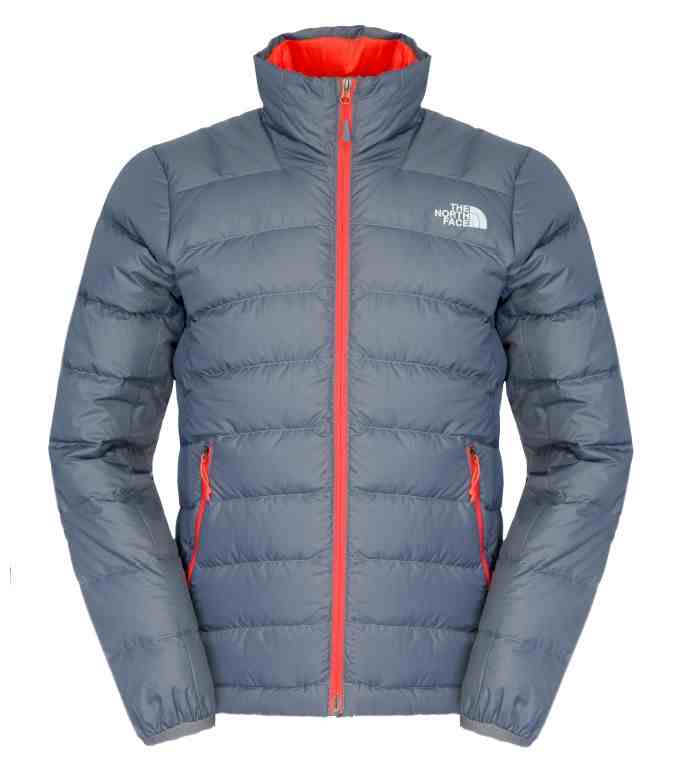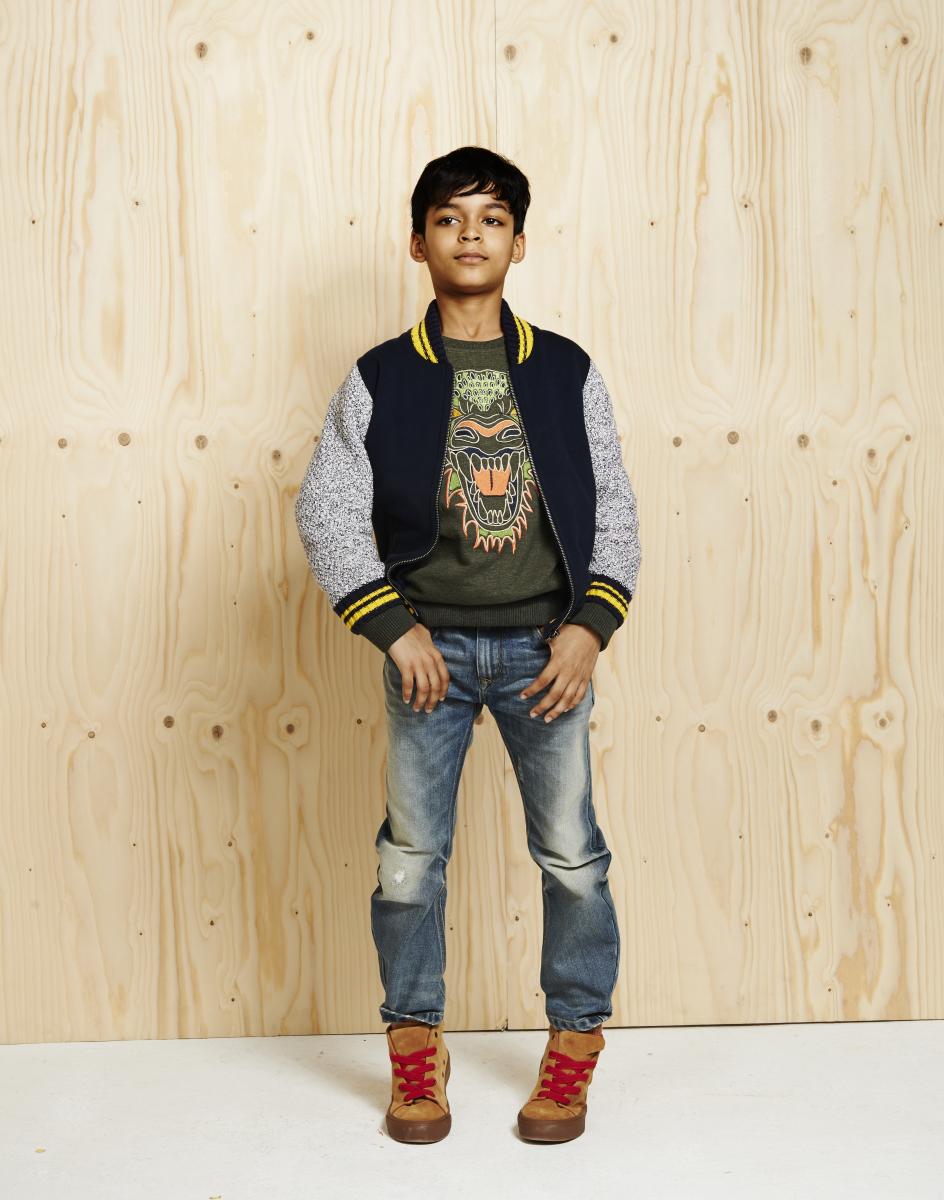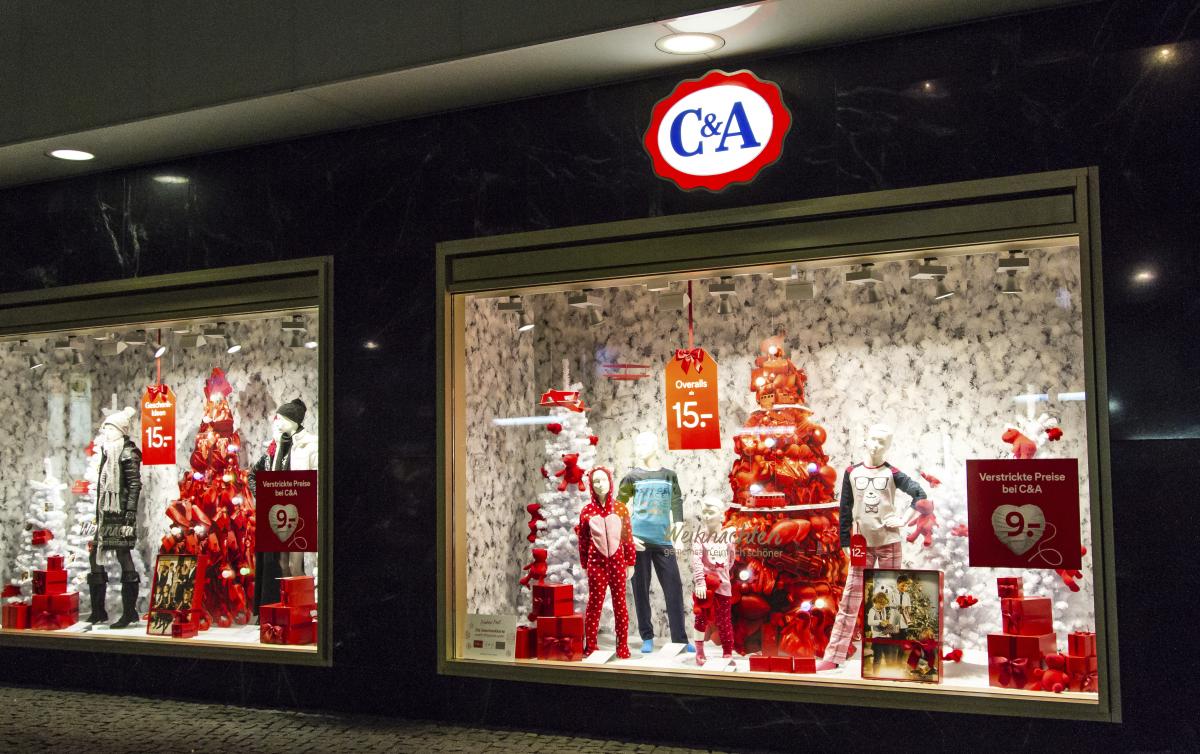US clean power support, fairer feathers, M&S workers’ poll and factory fire compensation
Corporate support for EPA's Clean Power Plan
More than 200 brands including Nestlé, Mars, Kellogg, Nike, Adidas, Unilever and IKEA have signed a letter to the Environmental Protection Agency (EPA), the Obama administration, and Congress in support of the EPA’s new Clean Power Plan. The Plan is the first to establish carbon standards for existing US electric power plants, which are the greatest single generator of global warming pollution in America.
“These companies recognize that the EPA’s power plant rule is a critical step in mitigating climate risks and accelerating low-carbon technologies that hold enormous economic promise," says Mindy Lubber, president of Ceres, which helped coordinate the letter.
The Clean Power Plan was open for public comment for several months and received mixed reactions in the US. The EPA is expected to produce a final draft in June 2015.
Clothing brands commit to responsible down
Each winter as we bundle up in warm puffy coats, it’s rare that we consider the down feathers used in our jackets, let alone the welfare of the animals we depend on to produce them.
Not so for apparel brands H&M and Eddie Bauer, which have joined The North Face and several other companies in their commitment to the Responsible Down Standard (RDS), a third-party certification that evaluates the entire down feather supply chain.
The North Face initially developed the RDS in collaboration with the non-profit group Textile Exchange and certification specialist Control Union Certifications. Once complete, The North Face “gifted” the Standard to Textile Exchange for further refinement.
“When we set out to develop the RDS, we knew that in order to truly succeed we had to create something that was global, open and adaptable,” says Adam Mott, director of sustainability at The North Face. “Today we are seeing the realisation of this vision – and yet it is only the beginning.”

M&S polls global workers
Marks and Spencer (M&S) has more than doubled its original target for polling global factory workers on supplier labour practices.
Through its Labor Link mobile technology, M&S reached more than 64,000 people across 46 manufacturing sites in China, India, Bangladesh, Sri Lanka and the UK.
This is the first time factory workers could anonymously share their perspectives on topics such as working hours, communication with management and bullying. The goal is to better harness the power of mobile technology to forge deeper supply chain transparency.
“Listening to workers in this way helps us connect the dots between quality of life issues like workplace health and safety and business issues in manufacturing, such as worker retention and productivity,” says M&S head of ethical trading Fiona Sadler.

C&A agrees factory compensation
Clothing brand C&A is the first company to formalise an outline agreement with the Industriall Global Union, its local affiliates, and Clean Clothes Campaign (CCC) to compensate the victims of the Bangladesh Tazreen Factory fire, which killed 120 workers and injured more than 300 two years ago.
While the exact amount has yet to be disclosed, the C&A Foundation will contribute a large sum towards “full and fair compensation for Tazreen victims” on top of funds already donated, according to CCC.
Other retailers who used the Tazreen factory including Kik, El Corte Ingles, Woollen Mill (UK), Piazza Italia, Disney, Sears, Dickies, Delta Apparel and Sean John have yet to agree to provide compensation.


